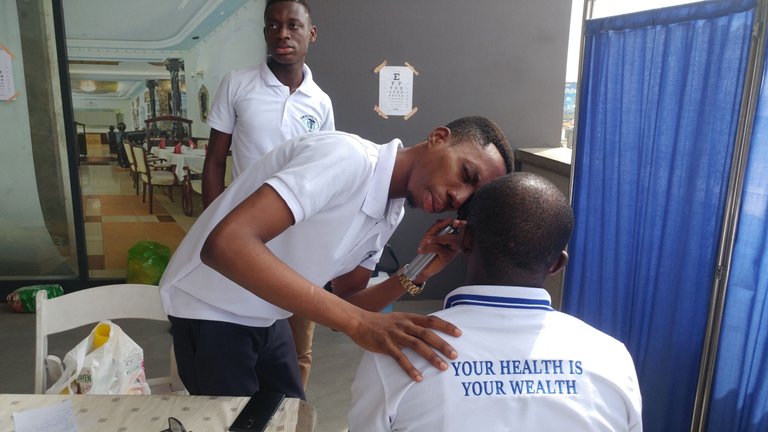
One of the most rewarding experiences I have had over the years was bringing together a group of health professionals to help poor individuals in Ghanaian society. It was a very meaningful moment as many of these individuals could not afford access to healthcare. By leveraging the hive ecosystem, we can make a greater impact in assisting poor communities facing health challenges.
Poverty is one of Africa's greatest issues, and it is mirrored in the country's healthcare system. Despite many groups' attempts to enhance health care in African villages, many of these communities still lack access to basic health care. This is due to a variety of causes, including a lack of resources, insufficient money, and a scarcity of educated medical workers.
Some poor communities in Africa may not receive excellent health treatment due to a lack of facilities. Many rural communities lack adequate roads and transportation networks, making it difficult for residents to get medical care. Furthermore, many of these settlements lack basic utilities such as power and running water, rendering contemporary medical devices inoperable. Even when individuals are able to reach a medical center, the lack of infrastructure makes it difficult for them to obtain the treatment they need.
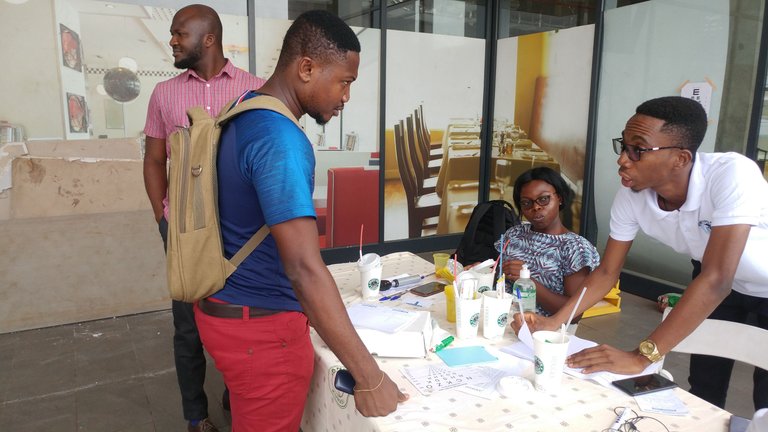
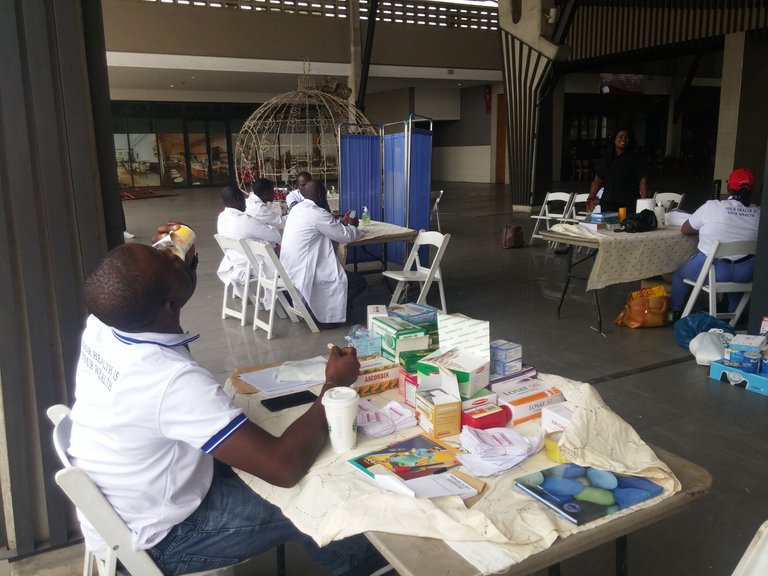
Inadequate finance is another reason why rural communities in Africa cannot obtain decent health care. Many African nations are suffering from extreme poverty, which has influenced their capacity to pay for healthcare services. Health care is costly and requires a substantial investment in technology, materials, and employees. Several African governments are unable to fund this, resulting in a shortage of excellent healthcare services in isolated regions.
Furthermore, many African nations have a scarcity of skilled medical workers. This is especially true in rural places where physicians and other medical personnel are hard to come by. Rural communities are sometimes unable to provide competitive compensation and workplace circumstances, making it difficult for medical professionals to choose to work there. As a consequence, there is a deficit of skilled medical workers, which has hampered the quality of treatment offered in these areas.
Furthermore, indigenous and traditional beliefs might contribute to poor areas in Africa lacking access to proper health care. Locals play an important role in health treatment in many African cultures. People often seek herbal remedies before obtaining medical aid, which might result in a delay in obtaining adequate care. Furthermore, certain communities may have healthcare beliefs that contradict contemporary science, making it difficult for medical personnel to offer effective treatment.
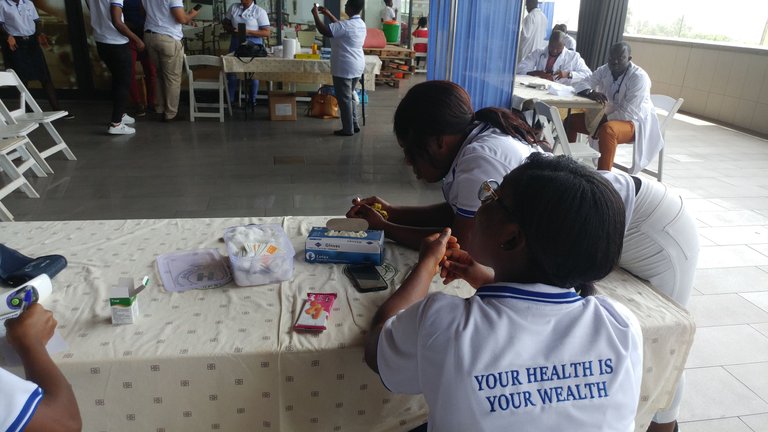
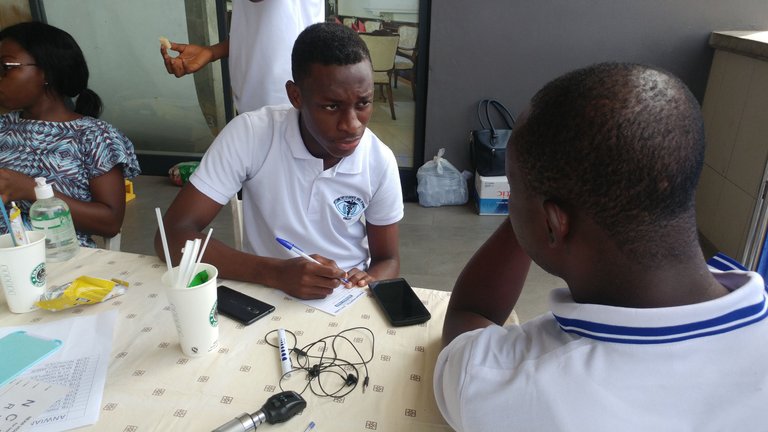
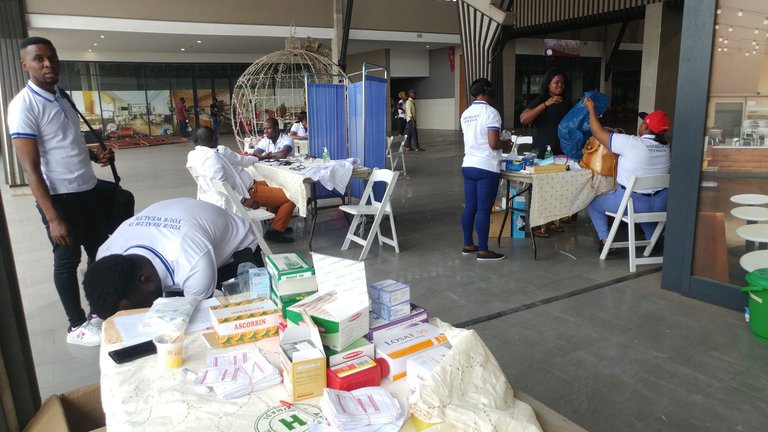
Ultimately, poor villages in Africa suffer access to effective health care owing to a mix of issues such as weak infrastructure, insufficient money, a paucity of educated medical workers, and cultural and traditional beliefs. Addressing these issues is critical if we are to enhance care for individuals in rural Africa. To guarantee that these populations have access to excellent healthcare services, entities, and the larger community must work together.
I totally understood all you wrote , not just Ghana 80% of african countries face similar problems . Good article i must say
Thanks for your addition.
Herbal medications are really nice, although I understand that prescription is better, but what other choice do the locals have in finding a cheaper as well as efficient solution.
It appears to be the only healthcare the poor can resort to.
Great post! Your insights on the challenges facing healthcare in poor communities in Africa are truly eye-opening. It's heartening to see the work being done to help those in need, and I hope that the efforts to enhance healthcare access and quality in these areas will continue to grow. Thank you for sharing your thoughts and experiences on this important topic. @mcsamm
Great addition. Thanks darling.